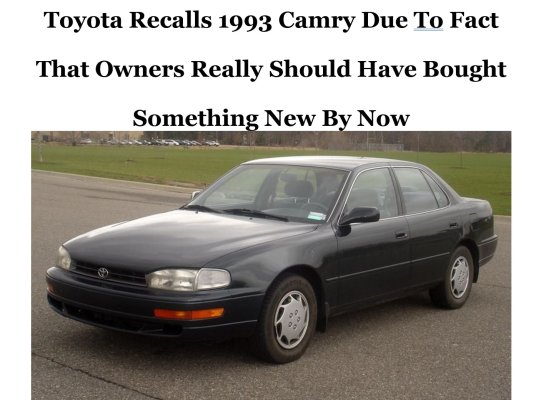DH and I bought a 2018 Mini Cooper S convertible with 24k miles on it today. The dealership offered us a Penske warranty - 4 years or 60k miles for $3,500. The list of covered repairs looks awesome but it wasn’t clear until I started questioning exactly how the warranty worked that I realized we would still pay the repair shop of our choice when we need anything and then Penske reimburses the “covered” amount.
Chances are in 4 years, we will put only 15-20k miles on the car. Given that, as well as the risk that actual costs may not be fully covered anyway, we are leaning strongly towards self-insuring. Just wondering if anyone has purchased a Penske or other after market auto warranty. If so, please share your opinion.
Chances are in 4 years, we will put only 15-20k miles on the car. Given that, as well as the risk that actual costs may not be fully covered anyway, we are leaning strongly towards self-insuring. Just wondering if anyone has purchased a Penske or other after market auto warranty. If so, please share your opinion.

